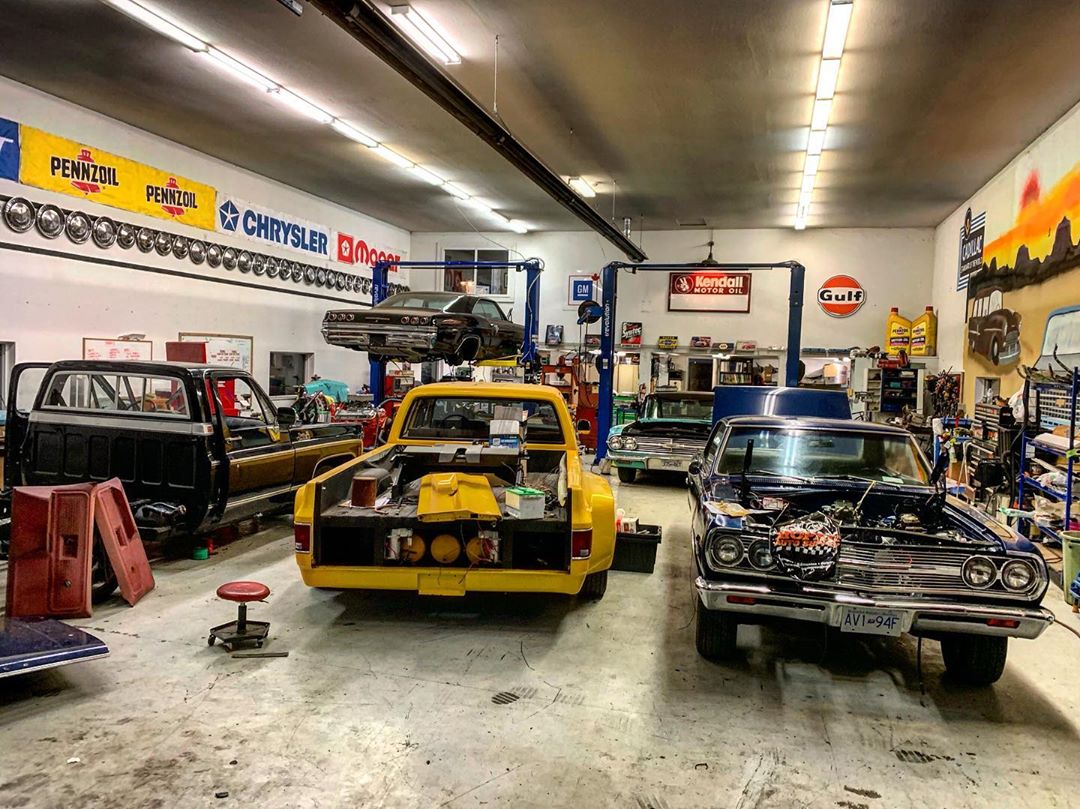All Categories
Featured
Your lorry's brakes are one of the most critical parts in ensuring your safety and the safety of others when driving. Normal brake assessments are crucial to preserving optimum stopping efficiency and preventing expensive repair services. Whether you're a seasoned car owner or a new motorist, understanding brake inspection guidelines can help you remain aggressive regarding maintenance and guarantee your car is constantly roadworthy.
- Why Brake Inspections Matter. Brakes undergo constant damage. The more you drive, the extra rubbing your brake pads endure, eventually bring about minimized stopping efficiency. Without correct assessment, it's hard to assess when your brakes could be in need of repair work. Routine brake checks aid determine issues at an early stage, protecting against prospective failures that could place you at danger.
A well-kept brake system makes sure fast, responsive quiting power, especially in emergency situations. It additionally assists extend the life of your lorry, as disregarding brake upkeep can lead to much more severe, expensive issues later on.
- Indications You Required a Brake Examination. While it's important to have your brakes evaluated regularly, particular signs might show that they require interest. Maintain an eye (and ear) out for these caution signals:
Squeaking or Grinding Noises: Uncommon sounds, specifically a shrill squeal or grinding sound, often mean that your brake pads are worn down. Resonance or Pulsation: If you feel resonances or a pulsing experience when pushing the brake pedal, it might be an indicator of deformed blades or uneven brake pad wear. Reduced Brake Responsiveness: If your brakes feel less responsive or you need to press the pedal harder to reduce down, it might show air in the brake lines or low brake fluid. Pulling to One Side: If your lorry draws to one side when braking, it can suggest unequal brake pad wear or a brake liquid leak. Dashboard Warning Lights: Some vehicles have brake-related warning lights that show concerns like reduced brake fluid or used brake elements. If you discover any of these signs and symptoms, it's crucial to have a specialist mechanic do a brake examination as quickly as possible.

- What Takes place During a Brake Assessment? Throughout a brake examination, a mechanic will certainly inspect numerous crucial elements of the braking system to guarantee whatever is in working order. Here's what you can anticipate during the process:
Brake Pads and Shoes: The technician will examine the density of the brake pads or footwear. If they're also thin, they'll need to be replaced. Brake Rotors: Rotors are the discs that the brake pads press versus to reduce your vehicle down. They'll be examined for any kind of indications of wear, racking up, or bending. Brake Liquid: Reduced or polluted brake liquid can hinder stopping efficiency. The professional will check the fluid degree and high quality and top it up or purge it if essential. Brake Lines and Tubes: Brake lines carry liquid from the master cylinder to the brakes. The auto mechanic will certainly examine for any type of leaks, splits, or damages to ensure correct fluid circulation. Brake Calipers and Wheel Cyndrical Tubes: Calipers and wheel cyndrical tubes press the brake pads against the blades or drums. The technician will check for wear, leakages, and correct procedure. 4. How Commonly Should You Have Your Brakes Inspected? The frequency of brake examinations depends upon variables like your driving routines, the kind of car you drive, and the setting in which you drive. As a general rule, it's an excellent concept to have your brakes checked every 12,000 miles or yearly. However, if you experience any of the caution indications stated earlier, it is essential to obtain your brakes checked promptly.
For those who frequently drive in hefty website traffic, hilly surface, or rough climate condition, even more regular assessments might be necessary.
- Importance of Timely Brake Repair Works. When you find a trouble with your brakes, it's necessary to resolve it immediately. Postponing brake repair services can lead to more substantial damage to your stopping system, causing greater repair work costs. In extreme cases, neglecting brake problems can bring about finish brake failing, which is a severe safety and security risk.
By remaining on top of brake maintenance and resolving issues immediately, you make certain that your brakes proceed to do as meant, maintaining you and your passengers safe when driving.
Verdict: Maintain Your Brakes in Leading Forming. Brake assessments are a straightforward yet vital component of car upkeep. By comprehending the value of routine inspections, recognizing the indications of brake concerns, and remaining proactive with fixings, you can ensure your car's stopping system stays in optimum problem.
Latest Posts
Conveniences of Opting for a Total Roof Covering Tear-Off
Trusted Eye Center South - LASIK Consultation Near Me: Start Your Journey to Clear Vision.
South Eye Center - Nearby Eye Care Expert: Exceptional Care for Your Eyes.
More
Latest Posts
Conveniences of Opting for a Total Roof Covering Tear-Off
Trusted Eye Center South - LASIK Consultation Near Me: Start Your Journey to Clear Vision.
South Eye Center - Nearby Eye Care Expert: Exceptional Care for Your Eyes.
